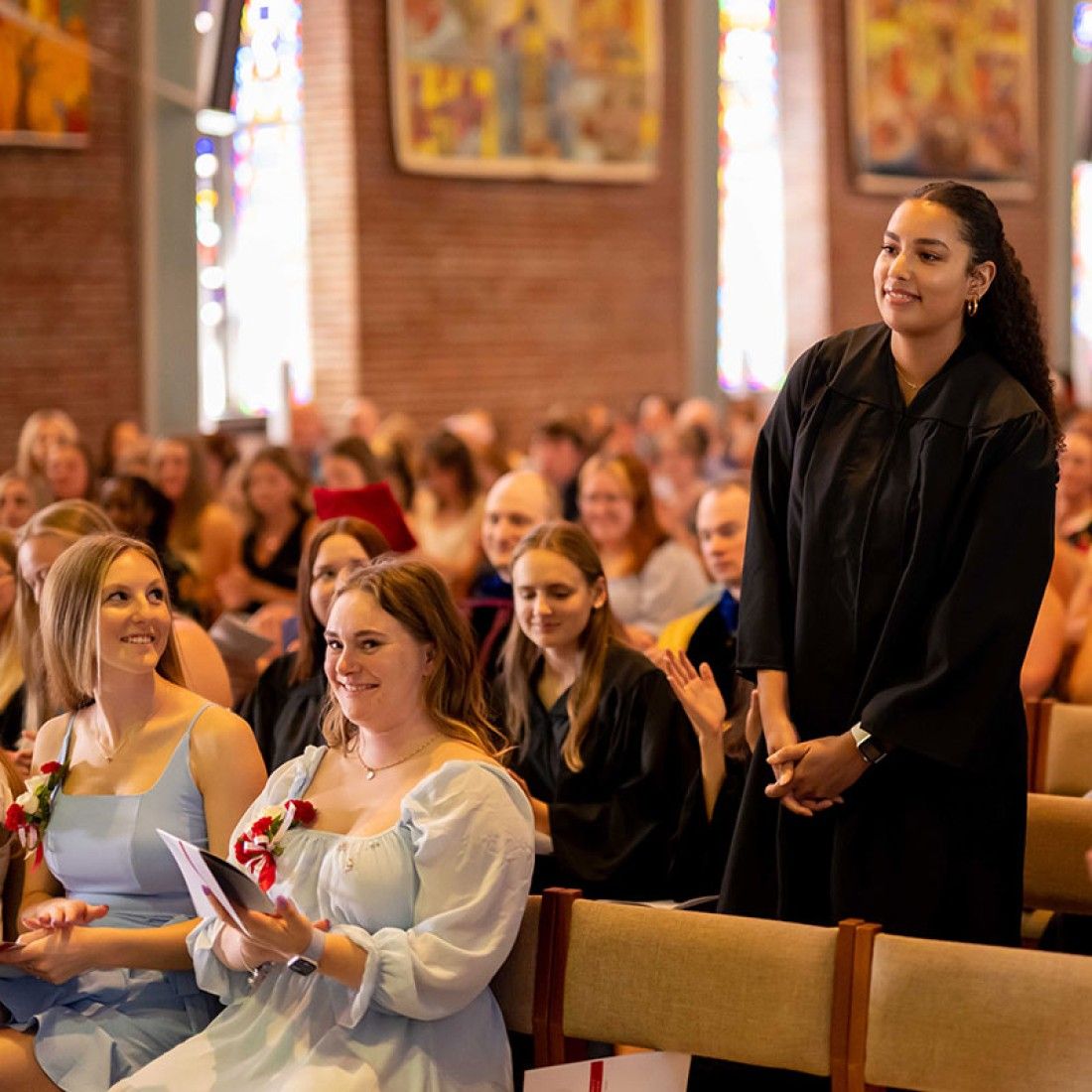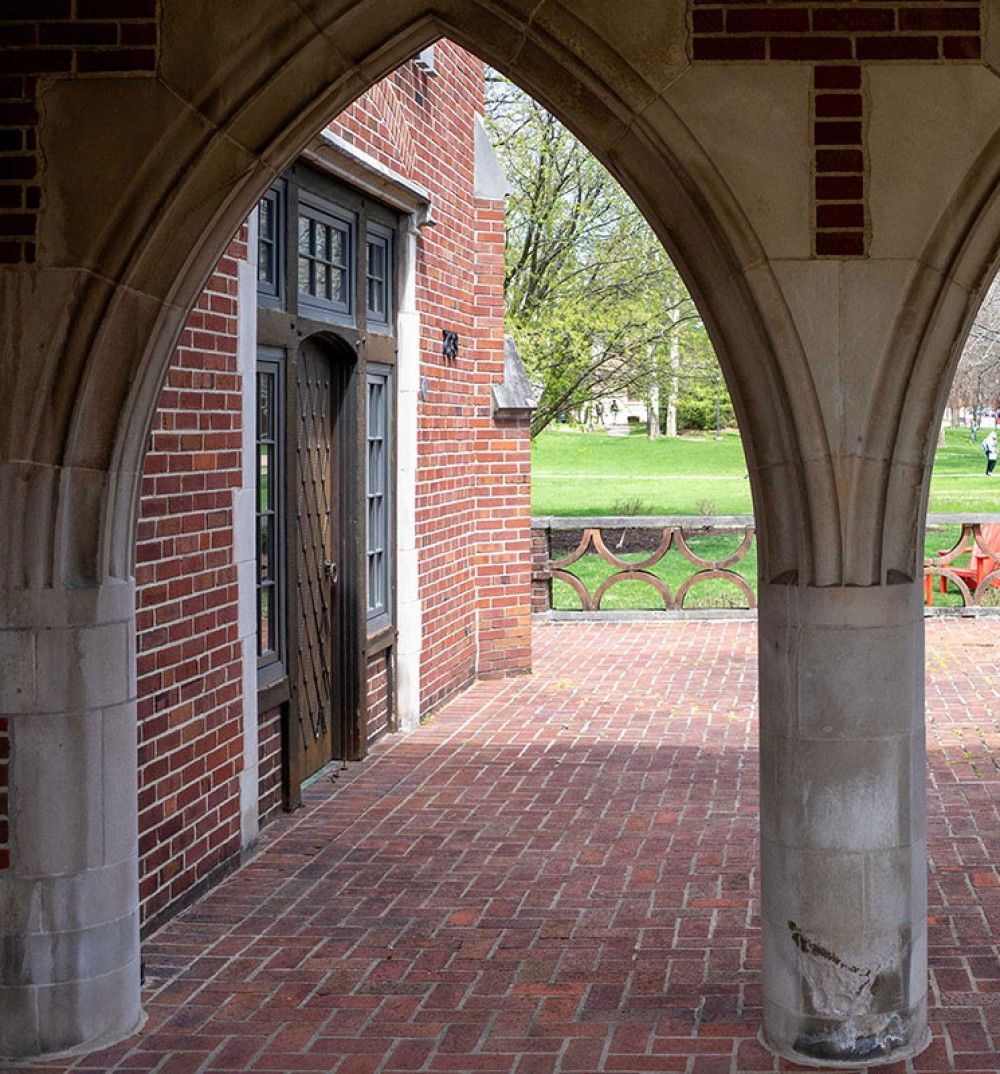
Preparing Our Students
As a nationally ranked Lutheran-affiliated liberal arts college, Wittenberg University enjoys an outstanding reputation for excellent academic standards, vibrant coursework in the arts, sciences, and humanities, and distinctive pre-professional programs including business and nursing.






